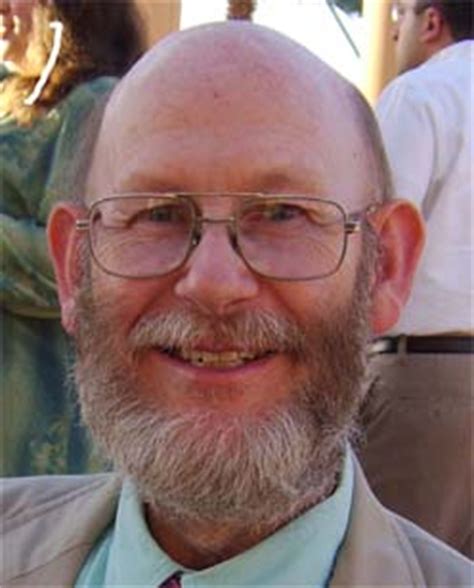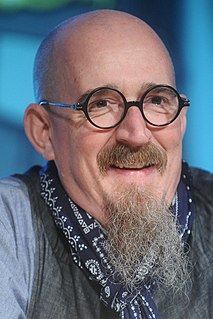A Quote by Friedrich Nietzsche
He who recites dramatic works makes discoveries about his own character.
Related Quotes
There are two sorts of hypocrites: ones that are deceived with their outward morality and external religion; and the others are those that are deceived with false discoveries and elevation; which often cry down works, and men's own righteousness, and tlak much of free grace, but at the same time make a righteousness of their discoveries and of their humiliation, and exalt themselves to heaven with them.
Best of all, persons can sometimes be app-transcendent: making dramatic progress or discoveries, without any dependence on any app. In this context, I like to mention Steve Jobs. While he had as much to do as anyone with the invention and development of apps, he NEVER was limited by the current technology - indeed, he typically transcended it and relied on his own considerable wits.
Obviously making Peter Parker suddenly bisexual or gay wouldn't really make logical or dramatic sense. It was a hypothetical kind of question about the nature of these comic book characters and the nature of this particular character, and whether sexuality, race, any of those things makes any difference to the character of Peter Parker.
Many biblical passages teach that we're not saved by our own efforts but by the grace of God alone. But the same passages also tell us good works are an essential evidence of the salvation experience. We're not saved by good works, but for good works. It begins with God's grace, and it's sustained by his grace as you shape your character by what you do as you cross the bridge.
One of the reasons Batman works as a character is that it's not beyond possibility that he could exist - you could become Batman if you had a billion dollars at your disposal. There's nothing paranormal or superhuman or supernatural about that character. And I think his villains work the same way. You could be one of his villains just as easily.









































